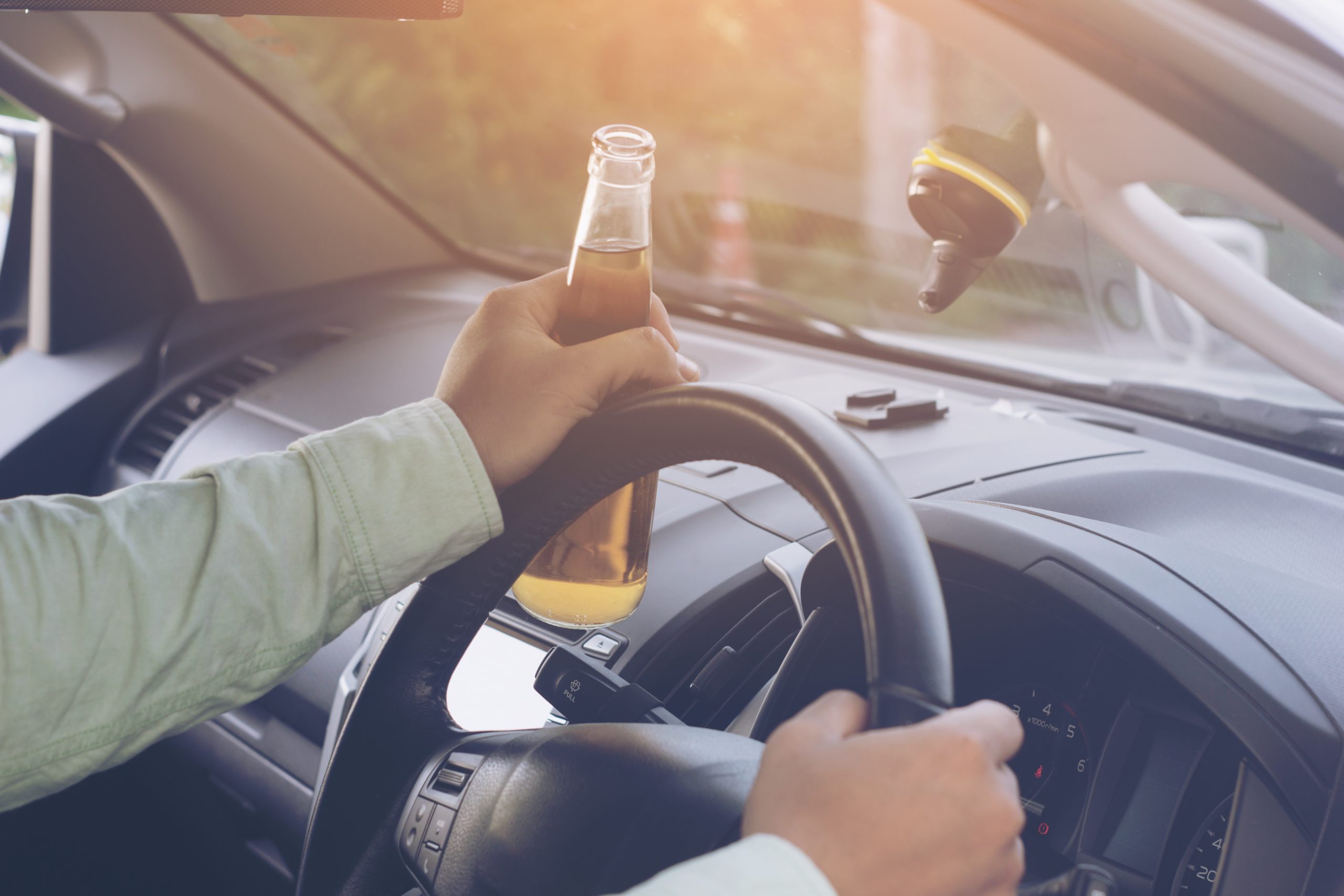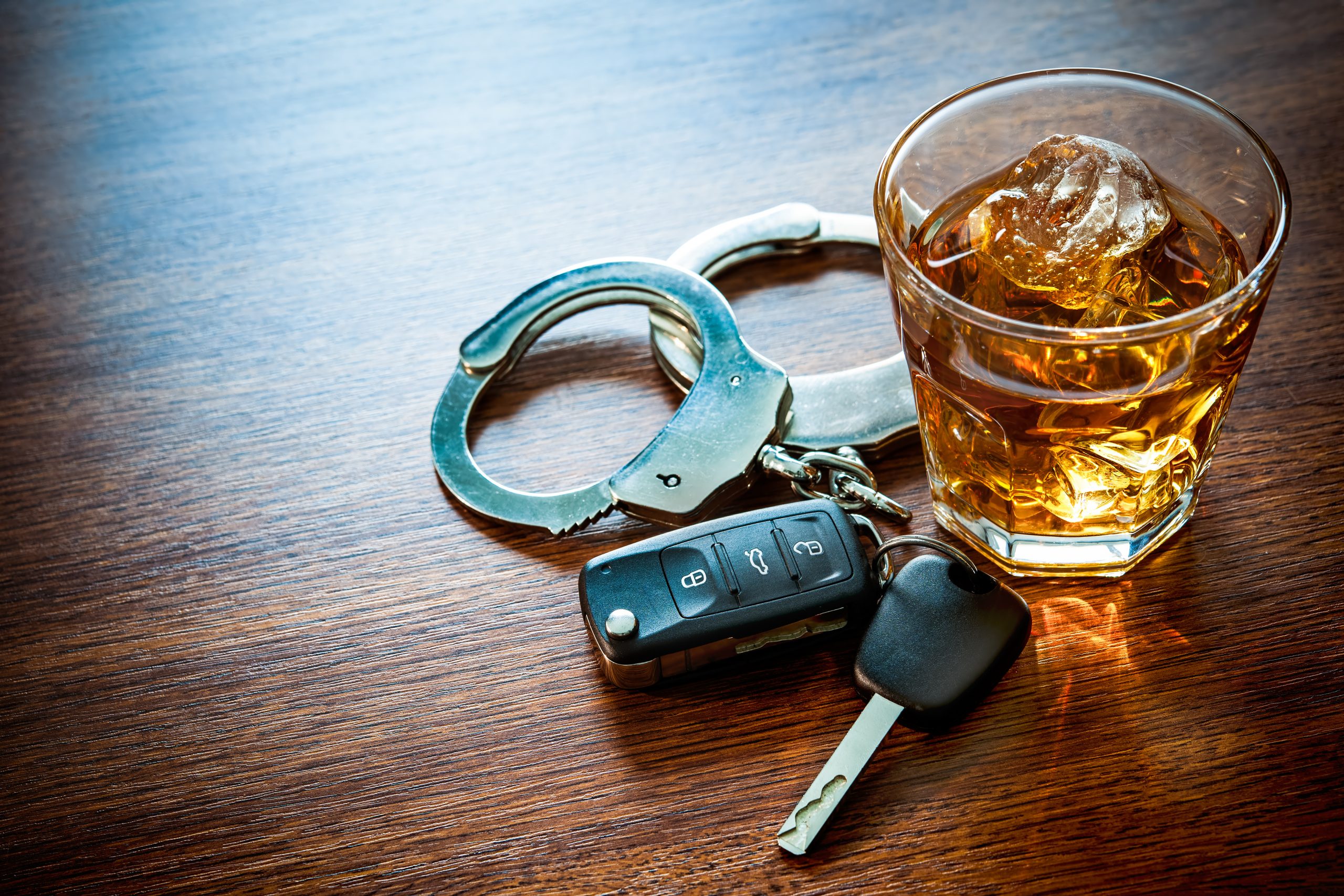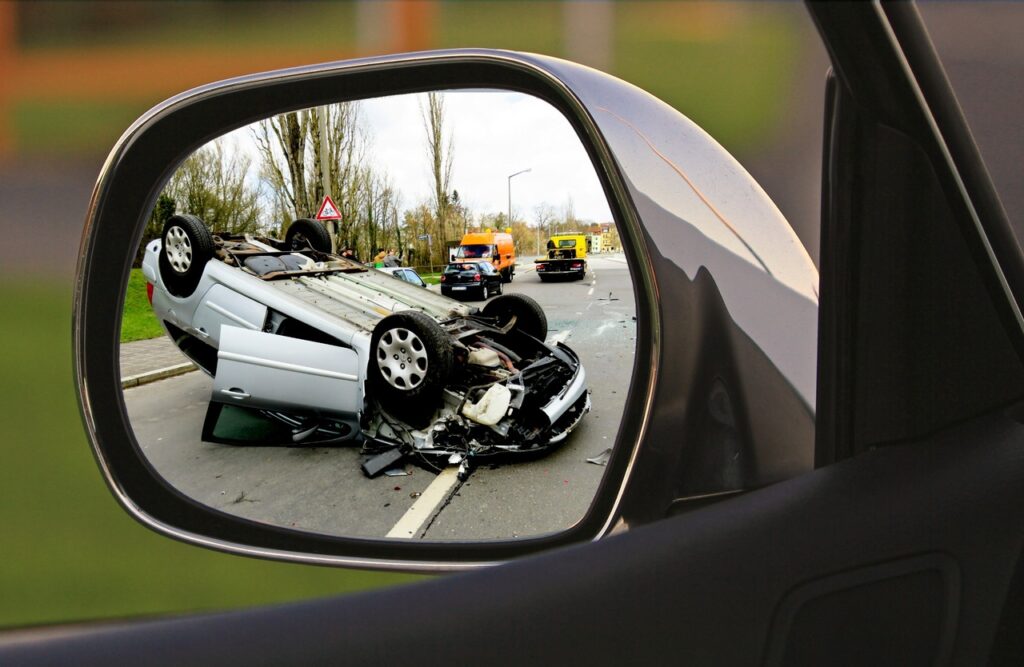Now Reading: DWI Laws in Washington: Critical Things You Need To Know
-
01
DWI Laws in Washington: Critical Things You Need To Know

DWI Laws in Washington: Critical Things You Need To Know
DWI or driving while intoxicated has become a prominent public health and safety issue due to its alarming incidence and mortality rates. According to the Washington State 2018 Traffic Safety Annual Report, the number of fatalities involving alcohol-impaired drivers since 2011 have reached an all-time high in 2017.
In the state of Washington, DWI (sometimes referred to as DUI or driving under the influence), is considered a criminal offense that has long-term consequences. If you are convicted with a DWI charge, grave consequences you may face include serving mandatory jail time, as well as rendering payment for mandatory fees and fines. Your license may also be suspended or revoked, and you may even be required to make use of an ignition interlock device, which could affect your ability to drive. A DWI charge can also make you a high risk for insurance.
Discussed below are some more of the critical things you need to know when it comes to DWI laws in Washington:
First Offense Convictions
First offense convictions can be caused by a driver’s refusal to take the chemical test, or having blood alcohol content (BAC) of 0.15% and higher. If convicted, you may face 364 days in jail, at least 30 days under electric home monitoring, or 120 days in a 24/7 sobriety program. Fines can range from $700 to $5,200. Your driver’s license may also be suspended for one year, and the conviction can stay on your driving record for at least 15 years.
Aside from alcohol, any drug that may cause drowsiness or dizziness can be considered for a DWI charge and must be avoided if you’re going to drive. Some of these are:
- Medications for colds, hay fever, allergies, or any kind of medicine to calm the nerves or muscles as these can cause drowsiness. Avoid taking these with alcohol as well since it may exacerbate your inability to drive properly.
- Pep pills or uppers and diet pills may sharpen alertness for a short time. However, these may also cause nervousness, dizziness, and lack of concentration, as well as disrupt vision and hearing.
If it’s your first time to be charged with a DWI, make sure that you get the necessary legal help. Getting in touch with Chris Bugbee, a DWI lawyer, can aid you in getting the appropriate legal assistance and representation you need for such a charge.
Repeat Offenders
Various states and jurisdictions have their own laws involving habitual offenders, repeat offenders or career criminals. These are individuals who are convicted of a new crime as well as previous crimes. Sanctions and penalties involving repeat offenders are typically more stringent as a means to deter them from further committing crimes in the future.
In the state of Washington, a fourth DWI conviction within 10 years will be considered a felony. Under this law, offenders can be sent to prison for 13 to 17 months, although jail time may increase depending on their criminal history.
Keep in mind that a previous DUI conviction may count as a prior offense. If you have committed a similar offense within seven years or 84 months, your current charge will be counted as a subsequent offense.
Felony Charges
In most circumstances, DWI or DUI in Washington is typically considered a gross misdemeanor. However, there are instances when the charge can be elevated to a felony.
Aside from previous convictions within 10 years, causing a fatal accident could make what’s considered a gross misdemeanor into a felony. If the victim dies within three years of the vehicular accident as a result of impaired driving, the offender may be charged with vehicular homicide, which is considered a class A felony.
If the victim doesn’t die due to vehicular assault caused by impaired driving but sustains substantial bodily harm, a DWI charge may also be elevated to a felony. Substantial bodily harm, as defined by the state, are injuries that can lead to the temporary impairment or loss of an organ or body part, temporary disfigurement, and a fracture—all of which are substantial in nature.
If you have been previously convicted of either a DUI vehicular homicide or a vehicular assault, subsequent arrests for drunk driving may be considered a class C felony under Washington state laws. This can be punishable by a five-year prison sentence and fines of up to $10,000.
Don’t Drink And Drive
Driving while intoxicated is a serious crime that can lead not only to road accidents and property damage, but also fatalities. While it is mostly considered as a gross misdemeanor in Washington, the charge can be elevated to a felony due to the resulting significant consequences of the offense. Keep yourself as well as other people safe by not drinking and driving. Don’t get behind the wheel if your vision and concentration have been impaired because of alcohol consumption. If you have been charged with a DWI, be sure to call a lawyer so that you will have the proper legal assistance and representation you need.











